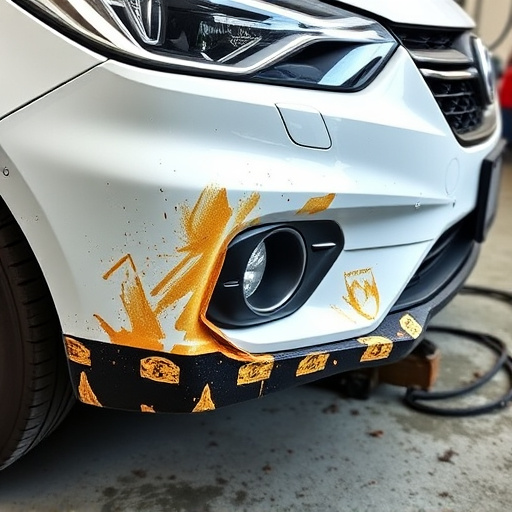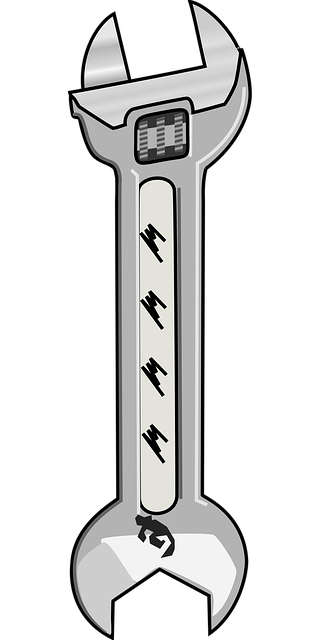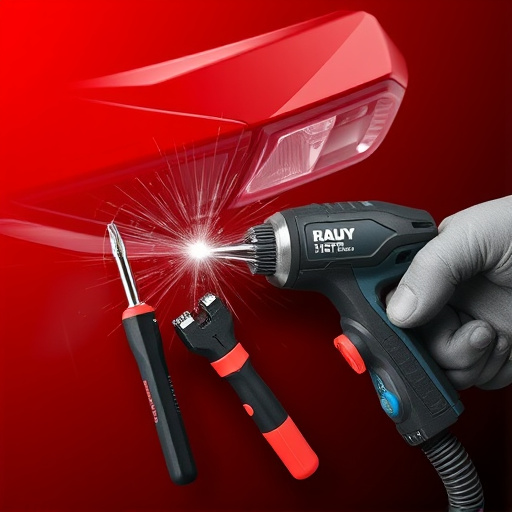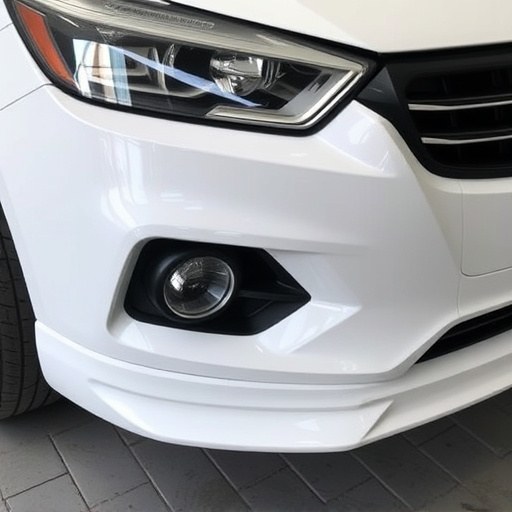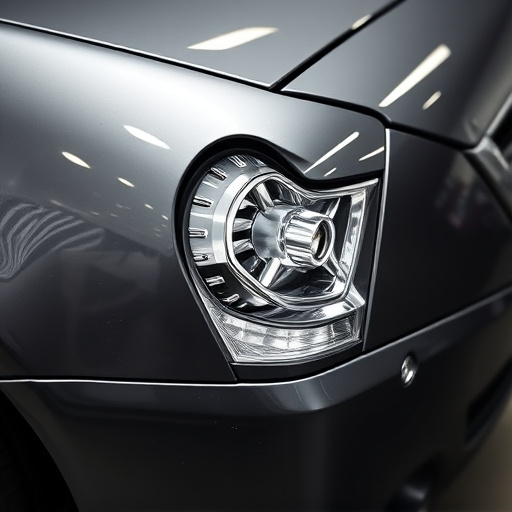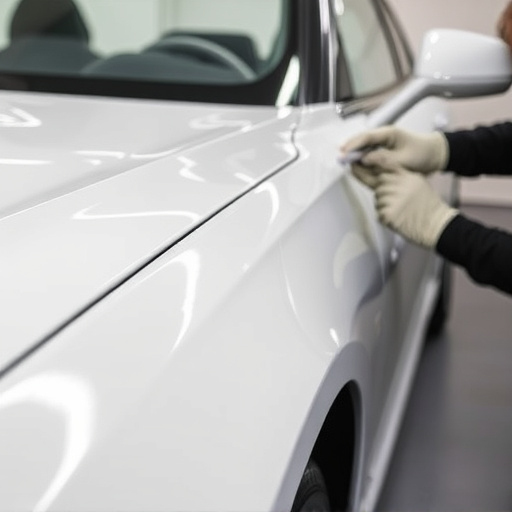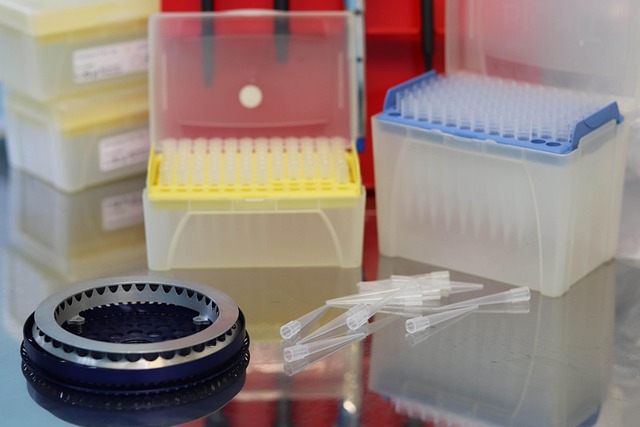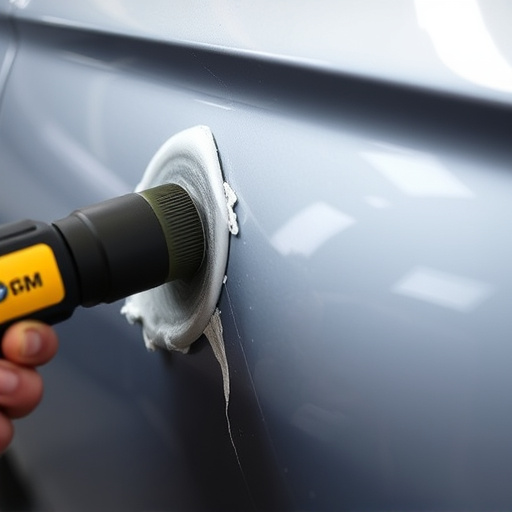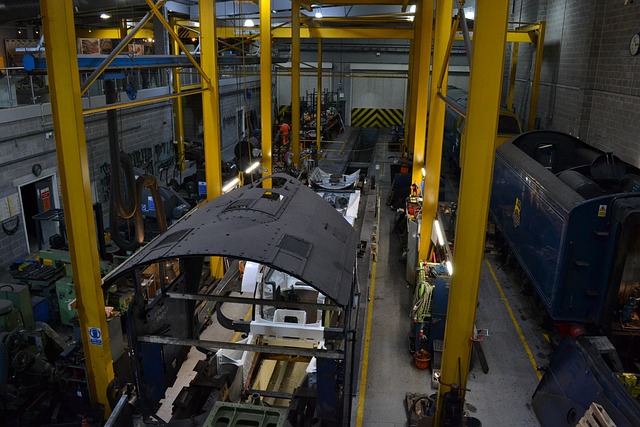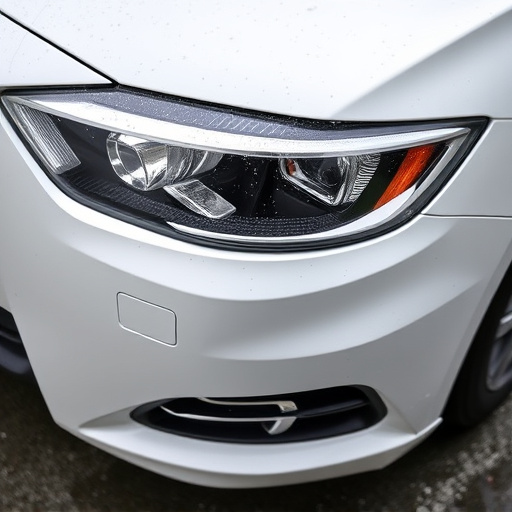Roof panel replacement is a critical aspect of vehicle care, fixing dents, rust, or weather damage for safety and aesthetics. Auto painting services ensure color matching. Regular replacements prevent water intrusion, corrosion, and environmental damage. Understanding insurance coverage through home policies, which often protect against storm, hail, and debris damage, is crucial before starting repairs. Knowing your policy details, deductibles, approved materials, and methods allows for better cost management and claim filing. Roof panel replacement impacts insurance premiums; extensive replacements increase rates while minor repairs decrease them. Using modern, durable materials and regular maintenance can lower premiums by reducing claim risks.
Roof panel replacement is a critical aspect of home maintenance, addressing structural integrity while enhancing curb appeal. However, understanding the process and its financial implications can be daunting. This article guides you through the essentials of roof panel replacement, delving into common issues, insurance coverage, and the profound impact on your premiums. By navigating these factors, homeowners can make informed decisions, ensuring both a sturdy shelter and manageable costs.
- Understanding Roof Panel Replacement: The Basics and Common Issues
- Insurance Coverage for Roof Panel Damage: What Your Policy Says
- How Roof Panel Replacement Impacts Insurance Premiums: Costs and Considerations
Understanding Roof Panel Replacement: The Basics and Common Issues
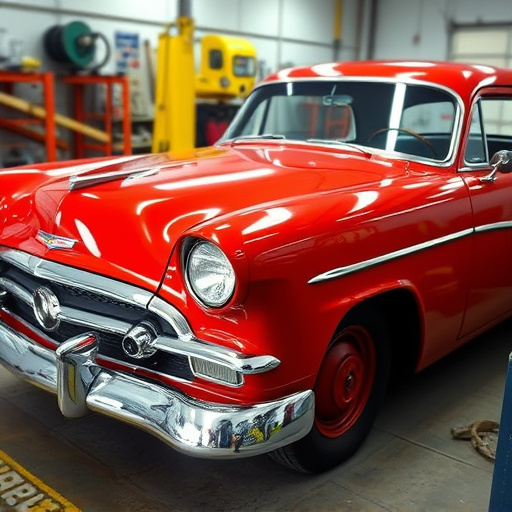
Roof panel replacement is a crucial aspect of vehicle maintenance that often arises due to common issues such as dents, rust, or damaged panels from accidents or harsh weather conditions. Understanding this process involves grasping how vehicles are constructed and the materials used for their roofs. Most cars feature metal panels that are designed to protect against elements while contributing to the overall aesthetics and structural integrity.
When these panels sustain damage, they need to be replaced not just for safety reasons but also to maintain the vehicle’s value. Auto painting and vehicle paint repair play a significant role in this process, ensuring that the new panels match the original color and finish seamlessly. Beyond aesthetic considerations, regular roof panel replacement is essential for preventing further damage from water intrusion, corrosion, and other environmental factors. Efficient vehicle repair services can facilitate timely replacements, minimizing disruptions and potential costs associated with extensive repairs.
Insurance Coverage for Roof Panel Damage: What Your Policy Says

When considering a roof panel replacement, understanding your insurance coverage is crucial. Most standard home insurance policies include protection for roof damage caused by events like storms, hail, or falling debris. However, the specifics can vary greatly between policies. Some providers might cover full roof replacements, while others may only pay for repairs up to a certain limit. It’s essential to review your policy documents carefully and contact your insurer to confirm the scope of coverage for roof panel damage.
Knowing what your insurance says about roof panel replacement is vital for managing unexpected costs. Your policy might require you to pay a deductible before insurance benefits kick in, or it could specify types of materials or methods approved for repair. Additionally, if your roof damage extends beyond panels, such as structural issues, your coverage and out-of-pocket expenses could differ significantly. Familiarizing yourself with these details ensures you’re prepared when filing an insurance claim for roof panel replacement, similar to how you would approach any other vehicle body repair or bumper repair scenario.
How Roof Panel Replacement Impacts Insurance Premiums: Costs and Considerations

Roof panel replacement can significantly impact insurance premiums, often leading to either increases or decreases depending on various factors. When a policyholder files a claim for roof damage, insurers assess the extent of the repairs required. If extensive replacement is needed, it signals higher risk and potential future claims, prompting insurers to raise premiums. Conversely, minor repairs may result in lower premium adjustments.
Considerations extend beyond immediate repair costs. The type of roofing materials used, regional weather patterns, and the overall age of the vehicle all play roles. Modern, durable roof panels might command lower rates due to their resistance to damage, whereas traditional or inferior materials could contribute to higher premiums. Regular maintenance, including timely roof panel replacement, can help drivers avoid substantial claims and keep insurance costs manageable, similar to how autobody repairs for fenders or other minor dents can prevent escalating issues in a car body shop.
Roof panel replacement is not only a crucial fix for damaged roofs but also has implications on insurance premiums. By understanding your insurance coverage and the costs involved in roof panel replacement, you can make informed decisions. Remember that proactive maintenance and knowing your policy limits can help mitigate unexpected expenses. Keep in mind that regular inspections and prompt repairs can significantly reduce the need for extensive roof panel replacements, ultimately saving you money in the long run.

